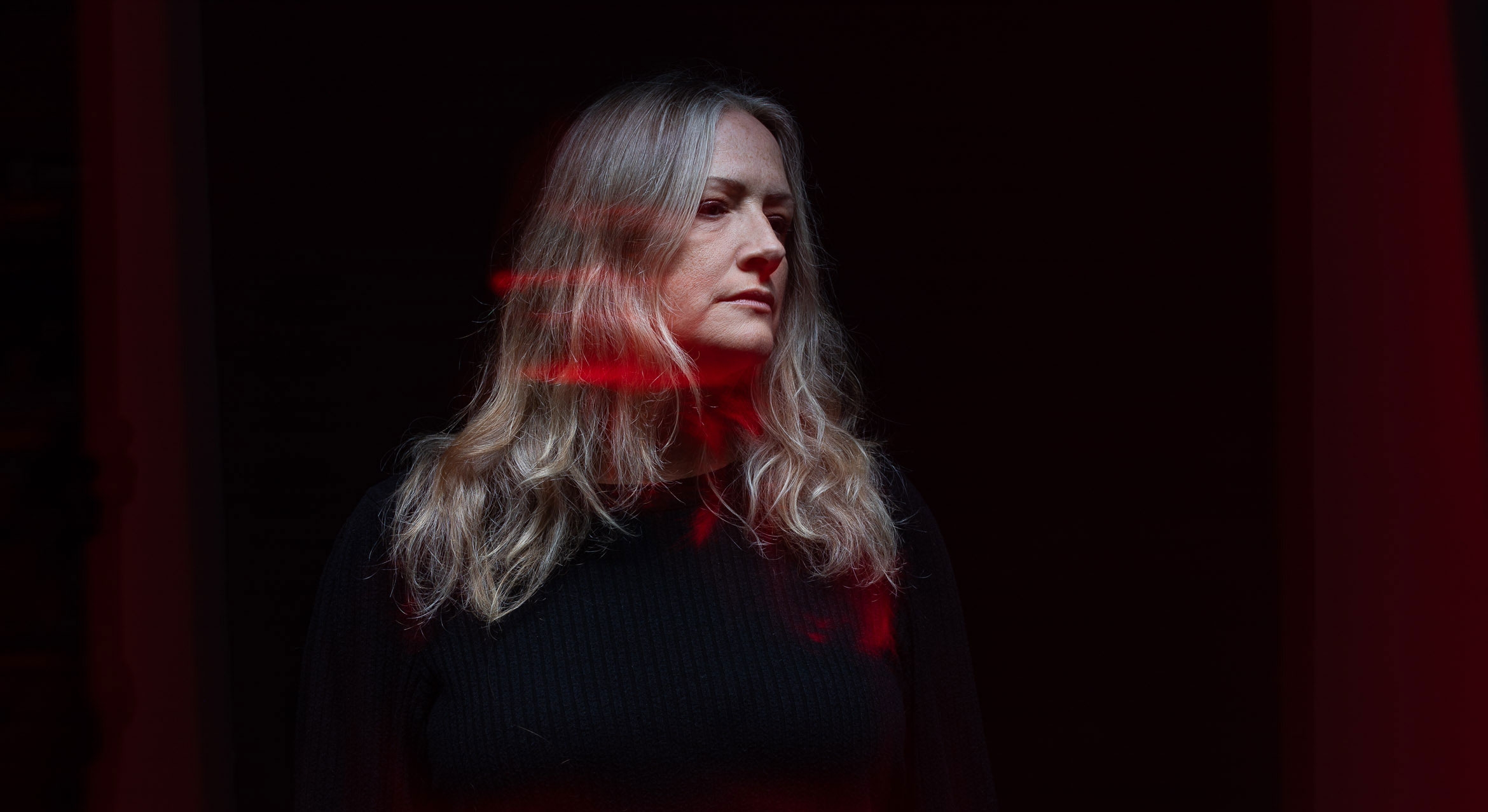Violence and its many representations between 300 and 800 AD will be the topic of an international four-day conference at the University of California, Santa Barbara, March 20-23. "Violence, Victims, and Vindication in Late Antiquity," sponsored by the Society for Late Antiquity and the UC Multi-Campus Research Group in Late Antiquity, will present new scholarship on the role violence played in shaping human life during the period that separates the classical and medieval worlds.
A registration fee of $110 ($55 for students) will be charged, and includes three breakfasts, a lunch, a brunch and the conference banquet.
"The aim of this conference is to explore the theme of violence, not just in warfare, but also in literature, law and material culture," said Hal Drake, a professor of history at UCSB and a member of the conference arrangements committee.
The conference, the fifth in the biennial "Shifting Frontiers in Late Antiquity" series, will include 12 panel discussions and three keynote speakers. All will take place in the McCune Conference Room (Room 6020) of the Humanities and Social Sciences Building.
Keynote speakers will be:
·Walter Pohl, University of Vienna, "Perceptions of Barbarian Violence," 5 p.m. Thursday, March 20.
Pohl is an expert in barbarian identity.
·Brent Shaw, University of Pennsylvania, "Who Were the Circumcellions?" 5 p.m. Friday, March 21. Shaw is a social historian who has written extensively on crime and violence in late antiquity.
·Jill Harries, University of St. Andrews, "Violence, Victims, and the Roman Legal Tradition," 5 p.m. Saturday, March 22.
Harries specializes in Roman law.
Panel topics include "Violence and Resolution on the Frontier," "Victims and Victimization," "Acts of Violence Against Historical Landmarks," "Legitimation of Violence," "Violence and Imperial Policy," and "Violence and Christian Identity." A complete conference schedule and registration information can be found on the conference web site, www.sc.edu/ltantsoc/sf5prog.htm and www.sc.edu/ltantsoc/sf5reg.htm
Drake said study of the period between 300 and 800 AD has gone through some changes in recent years. The period is now thought of as an independent civilization called Late Antiquity and not as a falling classical period or an emerging medieval one.
"Some spectacular advances have been made simply by removing the traditional barriers dividing study of the period between the Germanic West and the Byzantine East," he said.
Joining Drake on the UCSB arrangements committee are Christine Thomas, an associate professor of religious studies, and John W. I. Lee, an assistant professor of history. Thomas and Lee will also chair panel discussions, as will Richard Hecht, a professor of religious studies.
Related Links



